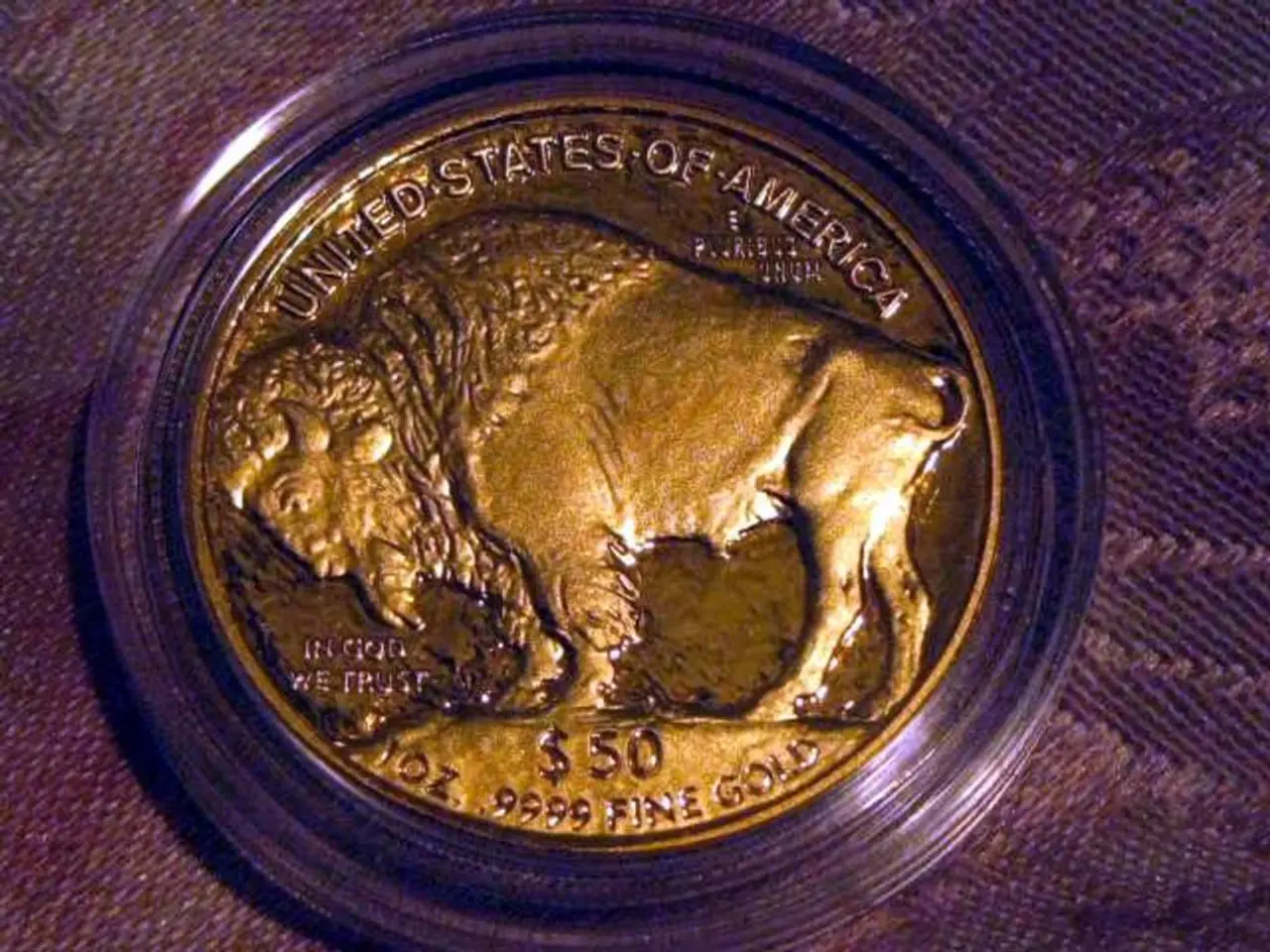"The Colossal Cost of Trump's 'Beautiful Bill'"
- ⏱️ Approx. 1 Min read
Analysis reveals Trump's Tax Plan to Rack Up Trillions in Additional U.S. Debt - Increased US debt potential due to Trump's proposed tax reform bill
The proposed tax and spending bill from the White House, colloquially known as "Trump's Big Beautiful Bill," is projected to elevate the US budget deficit by a monumental $2.8 trillion over a decade, according to a new analysis from the neutral organization, the Congressional Budget Office (CBO) - released on Tuesday (local time). This latest estimate, incorporating potential economic improvements, differs from an earlier estimate issued two weeks ago. The latter, sans economic effects, forecasted an increase in public debt from the existing $36.2 trillion by merely $2.4 trillion. With added interest costs, the estimate climbed to $3 trillion.
Trump's House Bill Hits a Roadblock in congress
The fresh data disagrees with expressions from Trump's Republicans, asserting that the all-encompassing package would invigorate the US economy, thus decreasing public debt through improved revenues. As Senate Republican leader John Thune stated on Tuesday, "We believe it will result in a stronger and more prosperous America."
The House of Representatives approved the bill, named the "One Big Beautiful Bill Act," in May. Presently, Republicans in the Senate are discussing a revised edition. To become law, both chambers of Congress must come to a consensus on a shared version that can be submitted to Trump.
The current draft extends the substantial tax cuts initiated during Trump's initial term from 2017 to 2021, which would then expire at the end of the year. To offset this, drastic cuts to the Medicaid healthcare program are being debated, predominantly designed to cover low-income and older individuals.
Key Points
- The CBO forecasts an increase in deficits by up to $2.8 trillion over the next decade.
- The White House OMB counters with claims that the bill would lower deficits by $6.6 trillion over ten years, based on the continuation of tax policies.
- The CBO's dynamic analysis reveals a potential 0.5% increase in GDP growth, bringing in an additional $124 billion in revenue. However, the bill would also elevate average interest rates by 14 basis points and surge federal interest payments by an estimated $441 billion.
- The bill is predicted to cause 10.9 million more people to lack health insurance coverage by 2034, including substantial losses in Medicaid and Affordable Care Act (ACA) coverage.
House Republicans and Donald Trump back the "One Big Beautiful Bill Act." This legislation would significantly influence the US budget deficit, public debt, and economy, primarily by increasing the deficit over the next decade. However, the White House contests deficit increases, claiming that the bill will actually bring down deficits by $6.6 trillion over ten years, relying on assumptions about tax policy continuation. The CBO disputes this assertion.
- The controversy surrounding Trump's proposed tax and spending bill, known as "Trump's Big Beautiful Bill," has extended to the realm of politics in the USA, with the Congressional Budget Office (CBO) projecting a potential increase in the US budget deficit by up to $2.8 trillion over a decade.
- The 'One Big Beautiful Bill Act,' initially approved by House Republicans in May, has profound implications for the finance and business sectors in the USA, particularly concerning the extension of substantial tax cuts and drastic cuts to the Medicaid healthcare program.
- The proposed tax law, associated with Donald Trump, is not only a matter of contention within the industry and general-news spheres but also among finance experts, as they analyze the potential effects on the USA's economy, public debt, and overall financial stability.






